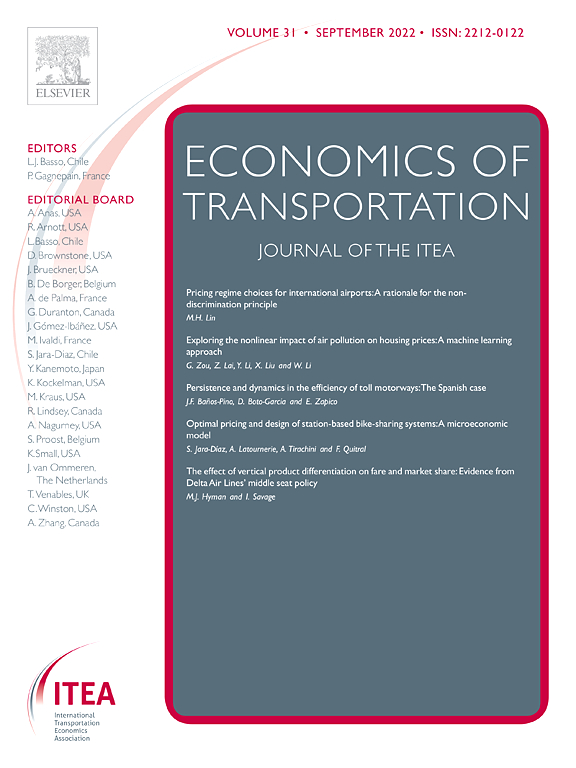Value-added tax reduction in German long-distance passenger rail transport

Tax cuts are a frequently used instrument to stimulate demand. However, this goal can only be achieved if the tax cut is actually passed through to consumers. Against this backdrop, Gernot Sieg and Jan Wessel analyze in a recent paper how the VAT reduction in German long-distance passenger rail transport as of January 1, 2020, was passed through to Deutsche Bahn's customers. The article is published in the journal Economics of Transportation.
Following the announcement of a planned VAT reduction in long-distance passenger rail services, Deutsche Bahn credibly pledged to completely pass through the VAT reduction to its passengers. Using a dataset of price observations, the authors find that the tax pass-through for fixed-price Flexpreis tickets is actually 100%. However, the tax pass-through for Sparpreis tickets, whose prices are set with the help of a revenue-management system, can deviate significantly from 100%. The pass-through for Sparpreis tickets varies depending on the time of purchase, day of departure, time of departure, and the general price level. This suggests that revenue-management systems can lead to unequal pass-through to different customer groups. The authors also provide theoretical insights into the price-setting considerations when offering these two types of tickets, and derive the theoretic formula for ad valorem tax pass-through.


